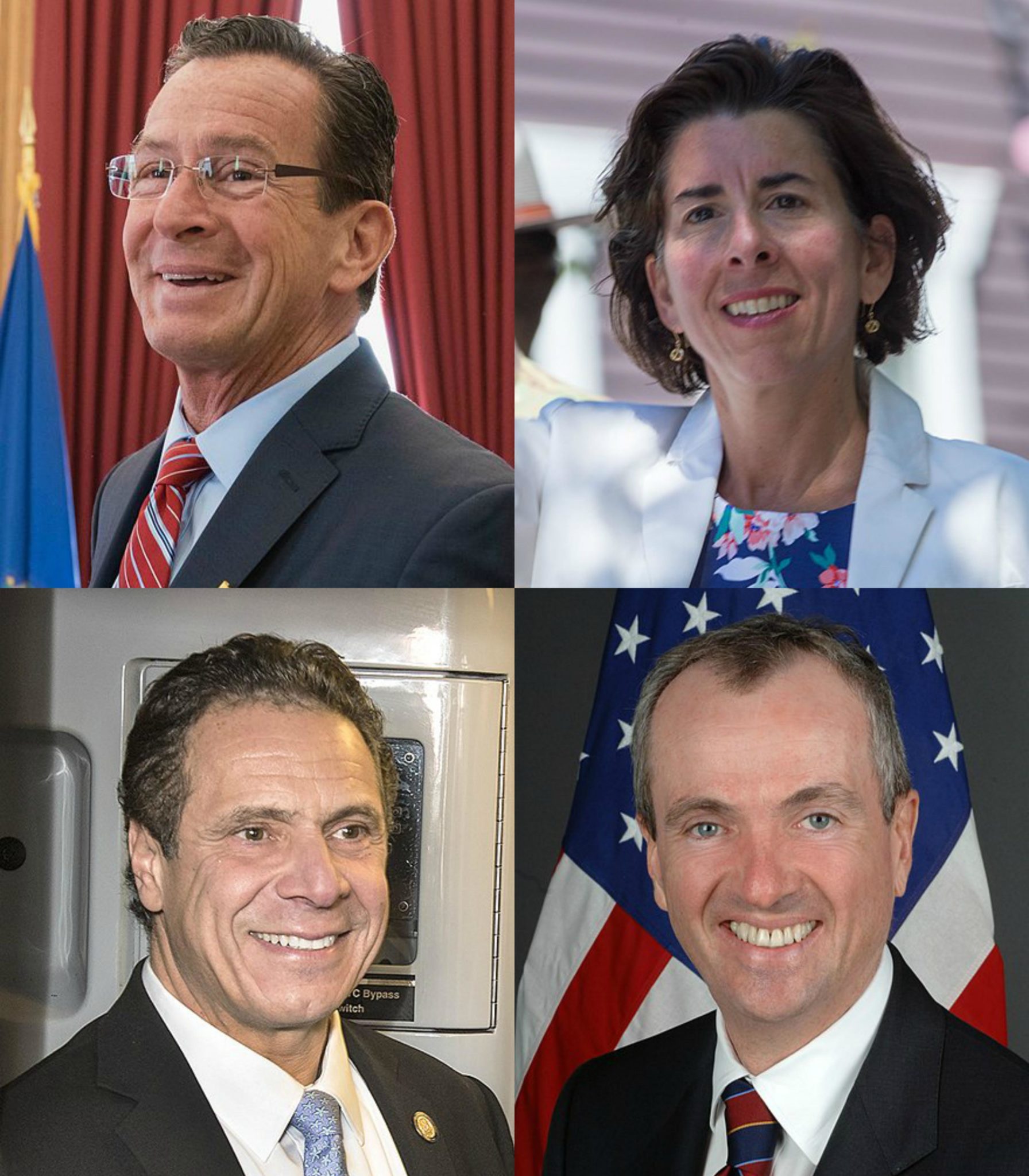
Wikimedia Commons
Connecticut has once again emerged at the forefront of the movement to promote gun control.
On Feb. 22, eight days after a deadly school shooting in Parkland, Florida, which left 17 people dead, Gov. Dannel Malloy joined the governors of New Jersey, Rhode Island and New York in a multistate coalition against gun violence. Under the new agreement, the four states will share data and collaborate on strategy, which the policymakers hope will prevent residents from purchasing firearms in one state and transporting them across state lines.
“We have waited for Washington to do something, and of course that never quite happened,” Malloy said on a conference call with the other governors on Thursday. “A lot of our folks go to one another’s states to make other types of purchases. The probability is that they also go across the border to make gun purchases, and why not share that information?”
Rhode Island Gov. Gina Raimondo LAW ’98 echoed Malloy, saying governors should take concrete action while the federal government waits to act.
The governors agreed to create a multistate task force to reduce the cross-border transportation of illegal weapons and to establish a regional gun violence research consortium. The coalition will comprise criminal justice, public policy and social welfare researchers, who will develop new procedures to prevent gun violence. In addition, the memorandum says, the states will share information about people who are barred from possessing firearms and coordinate on how to respond to gun violence threats.
Rep. Matthew Lesser, D-Middletown, praised Malloy’s decision to sign onto the multistate pact, saying that gun violence is a “solvable problem.” Since Connecticut and other states in the Northeast are small, he added, it makes sense to join forces in opposing gun violence.
“There’s no place in Connecticut where you’re more than an hour from a state line,” Lesser said. “Working together, our states can better enforce existing laws and fund the research into the public health side of gun violence that the federal government is refusing to do.”
Connecticut already has some of the most restrictive gun control laws in the country. In December 2012, 20 children and six adults were killed in a shooting at Sandy Hook Elementary School in Newtown. Less than four months later, the state legislature passed legislation banning the sale of rifles that hold more than 10 rounds and requiring background checks for almost all private firearm sales.
Now, after the Parkland shooting earlier this month, Connecticut lawmakers are again making moves on the state level. Rep. William Tong, D-Stamford, the co-chair of the Judiciary Committee, said his committee has approved drafting legislation to ban “ghost guns,” which have no serial numbers and can be purchased over the Internet and assembled at home. Malloy has also advocated a bill that would ban bump stocks — devices that speed up the firing of bullets on semi-automatic weapons. A bump stock was used in the mass shooting in Las Vegas last October that left nearly 60 people dead.
In a tweet on Thursday, President Donald Trump said he will push for comprehensive background checks, with an emphasis on mental health, and hopes Congress will ban the sale of bump stocks. Still, the four governors’ memorandum criticized the federal government for inaction on the issue of gun violence, despite periodic mass shootings across the country.
But members of Connecticut’s all-Democratic delegation to Congress are not convinced that Trump’s announcement will translate to concrete action. U.S. Senator Chris Murphy, D-Conn., questioned the president’s commitment to preventing additional attacks and pushed him to more clearly define his positions.
“Let’s all be clear what ‘comprehensive background checks’ mean — subjecting all commercial sales (gun stores/shows, online stores) to checks,” Murphy said on Twitter. “If that’s what you mean, I’m listening.”
Malloy was first elected governor in 2010.
Isabel Bysiewicz | isabel.bysiewicz@yale.edu
Interested in getting more news about New Haven? Join our newsletter!







